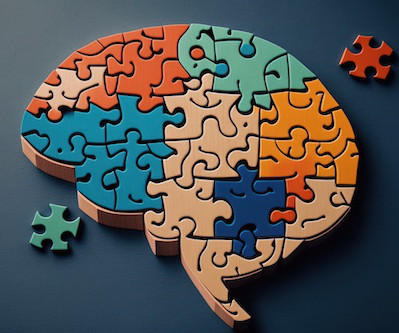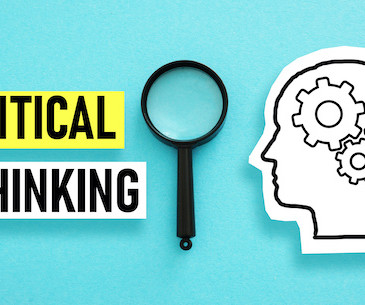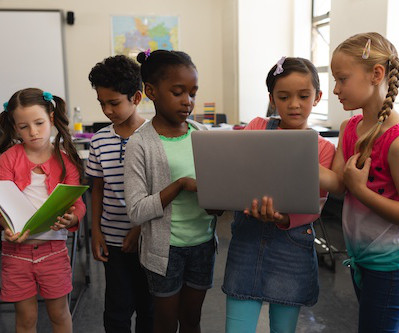5 strategies to close the critical thinking gap
eSchool News
JUNE 4, 2024
Most academic interventions focus on core knowledge and basic skills: Let’s practice two-digit addition. Learn these vocabulary words. Most will have both a content knowledge component and a thinking component. This supports the growth of automaticity in activating cognitive skills. Why focus on critical thinking?













Let's personalize your content